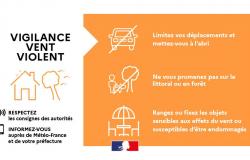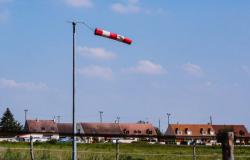DIGI is therefore starting with very competitive prices for mobile telephony and fixed internet. But how can they be compared to those of the large incumbent operators and price breakers on the market? Data News tackled this.
Mobile telephony
The mobile phone offer starts at 5 euros per month for 15 gigabytes of mobile data. This is currently by far the cheapest subscription on the Belgian market, where we find Glow from the energy supplier Mega, and mobile S from hey!, Orange’s B brand, which offer 7 euros for 5 gigabytes (and 150 minutes of call + 1,000 SMS).
Scarlet, the budget brand from Proximus, is also more expensive. Here, a subscription for one gigabyte of data costs 8 euros per month. Anyone who wants 10 or 20 gigabytes pays 13 and 18 euros per month respectively. Among the ‘A brands’ (Base/Telenet, Proximus and Orange), only Base comes a little close with 8 GB (unlimited calls and SMS) for 11 euros per month.
4 to 5 times cheaper than Proximus
For fixed internet, the comparison is very simple, but with… fishy circumstances. It is purely on price – starting at 10 euros per month for 500 Mbps – that DIGI is half as expensive or more than its closest competitors.
On the website of the telecoms regulator BIPT, only Orange’s Flybox offer comes close: 20 euros for only 15 gigabytes per month for internet via a 5G modem. The first unlimited offer starts at United Telecom at the price of 26.40 euros for unlimited internet at 100 Mbps. Nice prices, but much higher than the new entrant on the market.
If we specifically take gigabit subscriptions into consideration, Digi charges 15 euros per month for 1 Gbps. The cheapest existing competitor is Fastfiber which charges 51.95 euros per month with FIBER 1000. At Mobile Vikings, the connection costs 55 euros per month, at Orange 69 euros per month and at Proximus even 77.99 euros per month. It should be noted in the latter case that it is a 2 Gbps connection, but it is still 5 times more expensive than with DIGI. Even compared to the 10 Gbps offer (20 euros per month), Proximus is almost four times more expensive.
Limited availability
But this price war deserves a solid remark. Although DIGI also owns the internet provider EDPnet through its parent company Citymesh, the newcomer only offers its rates over its own fiber optic network, which is currently only available in Kuregem.
At DIGI, we claim to be able to maintain these floor prices by doing everything ourselves on our network. The company aims to extend the fiber optic network to other cities, but today, the fixed internet offer is only accessible to a very limited audience.
If DIGI continues to maintain these prices as the network develops, existing telecom players, even price breakers and virtual operators, will have to behave in the years to come. The tone is already set for mobile telephony. Until recently, a rate of five euros per month for a reasonable volume of mobile data seemed almost unthinkable. However, it is being applied today even by the actor who wishes to fundamentally disrupt the existing market.






